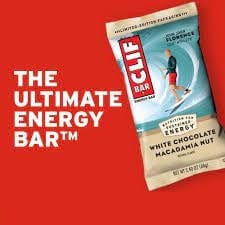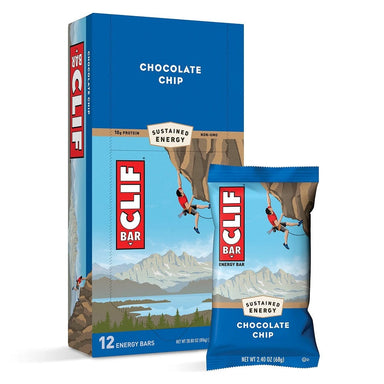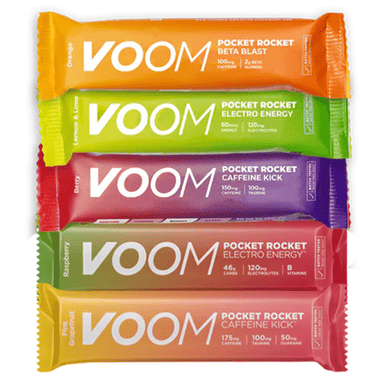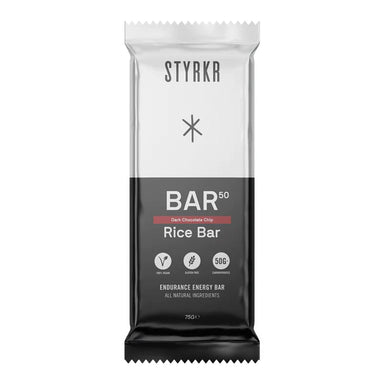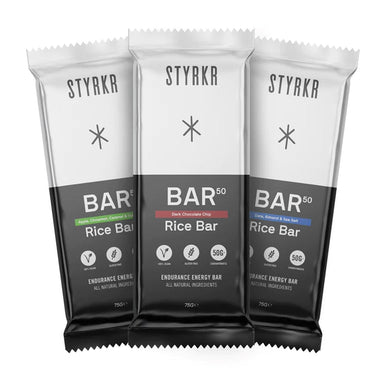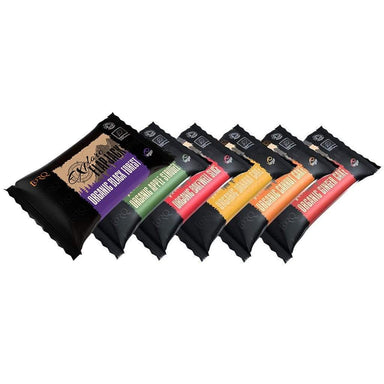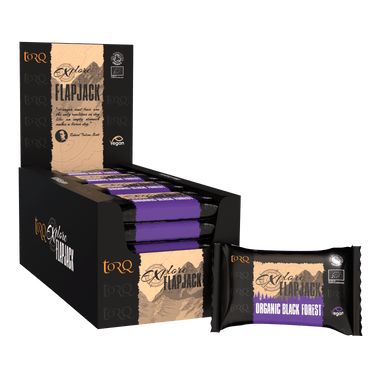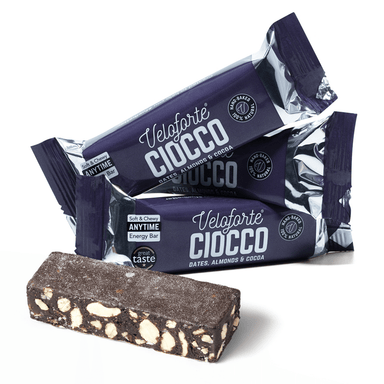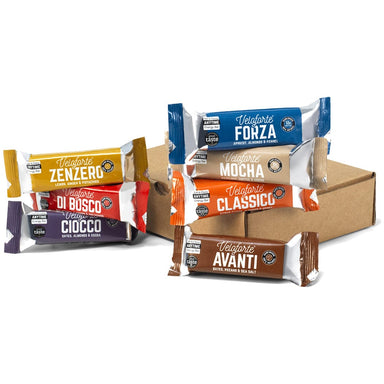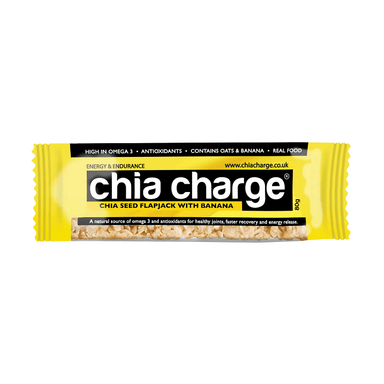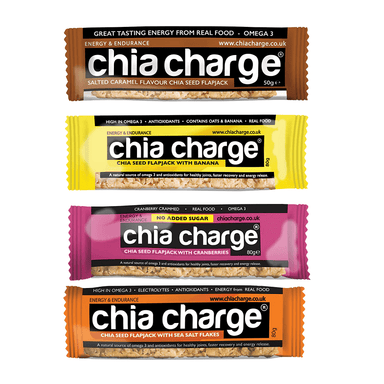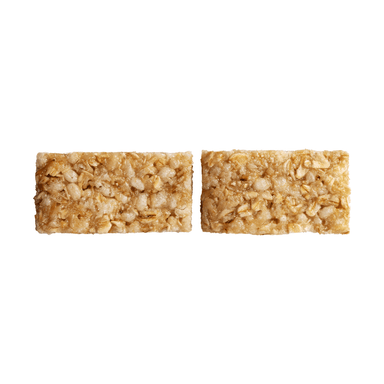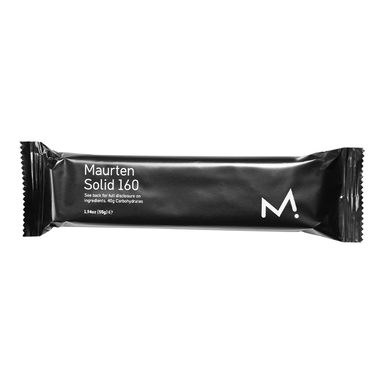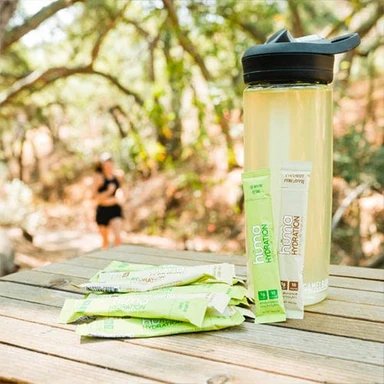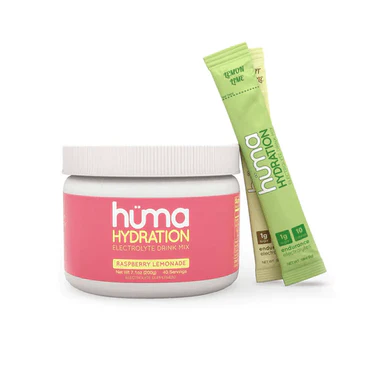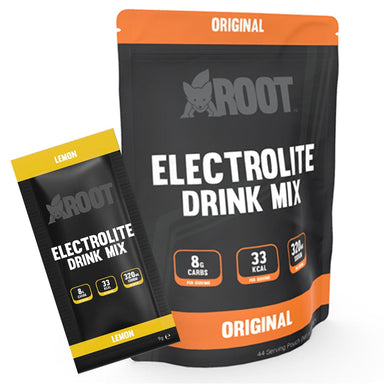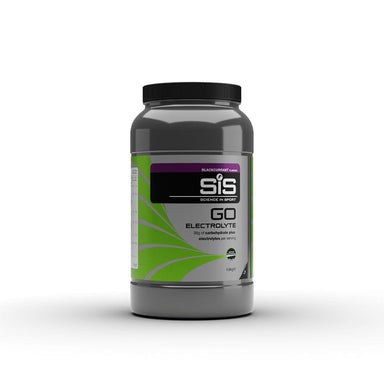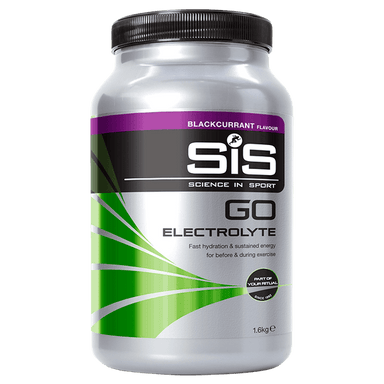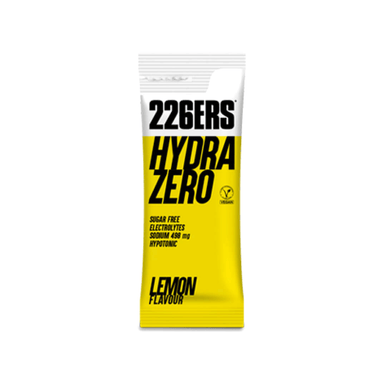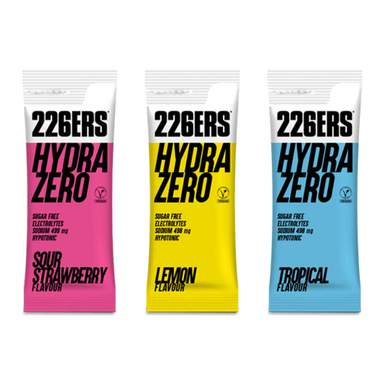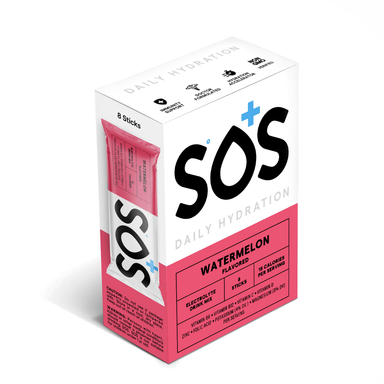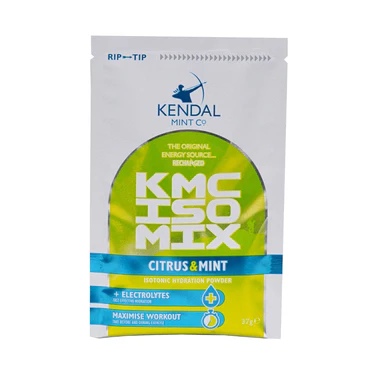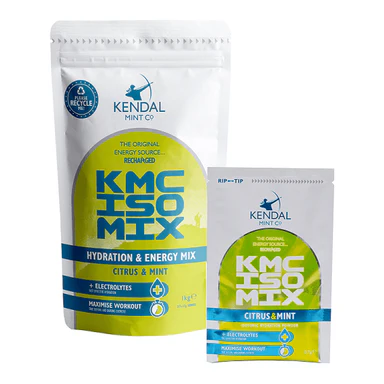Nutrition for Hiking

Preparing your body for a hike involves more than just lacing up your boots. Proper nutrition plays a crucial role in ensuring you have the energy and stamina to tackle the trails ahead. Start by fueling up with a balanced meal rich in carbohydrates, such as whole grains, fruits, and vegetables, which provide sustained energy for the journey. Incorporating lean proteins like chicken, fish, or legumes helps repair and build muscle, while healthy fats from sources like nuts, seeds, and avocado provide long-lasting fuel.
Hydration is key, so drink plenty of water before, during, and after your hike to prevent dehydration and maintain peak performance.
During the hike, keep your energy levels steady by snacking on nutrient-dense foods like trail mix, energy bars, or fresh fruit. These portable snacks offer a quick boost of carbohydrates to replenish glycogen stores and keep fatigue at bay. Don't forget to refuel with water or electrolyte-rich beverages to replace fluids lost through sweat
After completing a hike, proper recovery is essential to support muscle repair and replenish energy stores. Start by hydrating with water or electrolyte-rich beverages to replace fluids lost through sweat and prevent dehydration. Stretching your muscles can help reduce stiffness and soreness, so take some time to gently stretch your legs, back, and shoulders. Refuel your body with a balanced meal containing carbohydrates to replenish glycogen stores, proteins to aid in muscle repair, and healthy fats to promote overall recovery.
Additionally, consider incorporating foods rich in antioxidants, such as berries and leafy greens, to reduce inflammation and support recovery. Finally, give your body time to rest and recuperate, allowing for adequate sleep to promote muscle recovery and prepare for your next adventure on the trails.
Hiking Nutrition: Insights
Nutrition for Hiking: FAQs
How should I fuel up before a long hike?
It's important to fuel your body with a balanced meal rich in carbohydrates, proteins, and healthy fats before hitting the trails. Opt for whole grains, lean proteins, fruits, and vegetables to provide sustained energy throughout your hike.
What are some good snacks to pack for a day hike?
Portable and nutrient-dense snacks like trail mix, energy bars, fresh fruit, and nuts are ideal for sustaining energy levels during a day hike. These snacks provide quick carbohydrates and essential nutrients to keep you going.
How much water should I drink while hiking?
Hydration is key while hiking. Aim to drink at least 0.5 to 1 litre of water per hour, depending on the intensity of your hike and environmental conditions. Don't wait until you're thirsty to drink — stay hydrated consistently throughout your hike.
What should I eat for post-hike recovery?
After a hike, prioritise replenishing your body with a meal containing carbohydrates, proteins, and healthy fats. This could include options like a turkey and avocado sandwich on whole-grain bread or a quinoa salad with grilled chicken and mixed vegetables.
How can I prevent muscle cramps while hiking?
Muscle cramps can be prevented by staying properly hydrated and maintaining electrolyte balance. Consider drinking sports drinks or eating electrolyte-rich foods like bananas or coconut water to replenish lost electrolytes during longer hikes.
Are there any dietary considerations for high-altitude hiking?
Yes, when hiking at higher altitudes, your body may require more carbohydrates and fluids due to increased exertion and faster dehydration rates. Additionally, it's important to acclimatise gradually to prevent altitude sickness.
What foods should I avoid before a hike?
Avoid heavy, greasy foods and large meals before hiking, as they can cause discomfort and sluggishness on the trails. Instead, opt for lighter, easily digestible meals that provide sustained energy without weighing you down.
How can I ensure I'm meeting my nutritional needs while hiking?
Keeping a balanced and varied diet while hiking is essential. Pack a combination of carbohydrates, proteins, healthy fats, and hydrating foods to meet your nutritional needs and maintain peak performance throughout your hike.













































































































